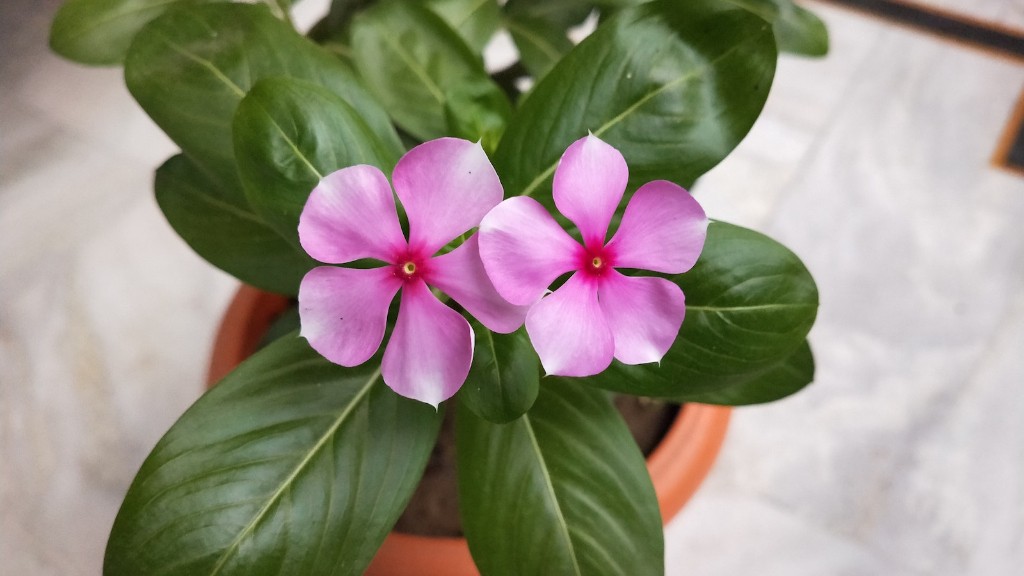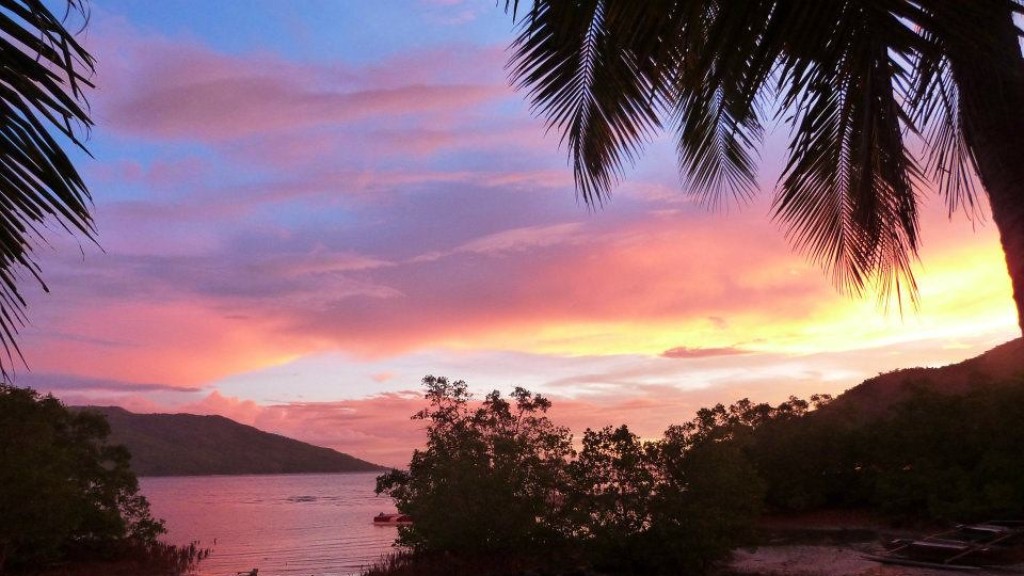How to Overcome Global Challenges in Madagascar
Madagascar, a beautiful island nation located off the southeastern coast of Africa, is faced with numerous global challenges that require urgent attention and innovative solutions. With its unique biodiversity, rich cultural heritage, and diverse ecosystems, Madagascar has the potential to thrive economically and socially. However, the country grapples with issues such as poverty, deforestation, biodiversity loss, and political instability. In this article, we will explore the main challenges faced by Madagascar and discuss potential approaches to overcoming them.
Background Information
Madagascar is one of the poorest countries in the world, with approximately 75% of the population living below the poverty line. The lack of economic opportunities and infrastructure hinders development and exacerbates social disparities. This, combined with political instability, poses significant challenges to progress.
Deforestation and Biodiversity Loss
Madagascar is home to some of the world’s most unique flora and fauna, with nearly 90% of its wildlife found nowhere else on Earth. However, deforestation rates in Madagascar are some of the highest in the world, primarily driven by illegal logging, slash-and-burn agriculture, and charcoal production. This threatens the country’s biodiversity and contributes to climate change.
To tackle deforestation and biodiversity loss, the government of Madagascar, in collaboration with international organizations, has implemented various initiatives, such as creating protected areas, promoting sustainable forestry practices, and raising awareness about conservation efforts. However, more efforts and resources are needed to effectively address this challenge.
Dr. Jane Goodall, renowned primatologist and environmental activist, emphasizes the importance of empowering local communities in conservation efforts. She suggests that involving indigenous peoples and providing alternative livelihood opportunities can help reduce the pressure on natural resources and promote sustainable development.
Economic Development and Poverty Alleviation
Poverty remains a pressing issue in Madagascar, hindering economic development and social progress. Limited access to education, healthcare, and basic services further exacerbate the cycle of poverty. To overcome these challenges, there is a need for sustainable economic development strategies that create employment opportunities and improve living standards.
According to World Bank data, promoting sectors such as agriculture, tourism, and renewable energy can contribute to economic growth and poverty reduction in Madagascar. Furthermore, investment in infrastructure, education, and healthcare is crucial to unlock the country’s potential.
An analysis of successful poverty alleviation projects in other countries suggests that empowering women, providing vocational training, and fostering entrepreneurship can have a significant impact on poverty reduction. By investing in human capital and promoting gender equality, Madagascar can uplift its communities and create a more prosperous future.
Political Stability and Governance
Political instability has been a major challenge for Madagascar, with frequent changes in leadership and governance systems. This hinders long-term planning, foreign investments, and the implementation of effective policies. Building strong institutions and ensuring transparent and accountable governance are crucial for the country’s progress.
The United Nations Development Programme (UNDP) supports efforts to strengthen democratic governance in Madagascar, including promoting inclusive decision-making processes, enhancing public sector capacity, and improving access to justice. Additionally, fostering trust between the government and citizens is essential to address the root causes of political instability.
To overcome the challenge of political instability, Madagascar can draw insights from countries that have successfully transitioned to stable democracies. Building consensus, engaging in dialogue, and prioritizing the well-being of the nation over individual interests are key principles that can guide the country towards a more stable future.
Education and Human Capital Development
Access to quality education is essential for sustainable development and human capital formation. Madagascar faces significant challenges in this regard, including low literacy rates, limited school infrastructure, and a lack of trained teachers.
Investing in education, particularly in remote areas, is crucial to reduce inequality and equip the younger generation with the skills needed for the future job market. Providing teacher training programs, improving school facilities, and promoting girls’ education are vital steps towards achieving inclusive and quality education for all.
Professor Muhammad Yunus, Nobel laureate and founder of the Grameen Bank, highlights the importance of innovative approaches to education. He suggests investing in vocational training, entrepreneurship education, and digital skills to prepare young people for the changing nature of work and empower them to create their own opportunities.
Infrastructure Development and Access to Basic Services
Inadequate infrastructure and limited access to basic services, such as clean water, healthcare, and electricity, pose significant challenges to progress and quality of life in Madagascar. Improving infrastructure and expanding access to basic services are essential for driving economic growth, reducing inequalities, and improving living conditions.
Development partners, including the World Bank and the African Development Bank, provide financial and technical assistance to support infrastructure projects in Madagascar. This includes investments in transportation, energy, and water supply systems, as well as initiatives to improve healthcare facilities and access to clean water.
Access to clean water, a basic necessity, not only improves health outcomes but also empowers communities, particularly women and girls, by reducing the time and energy spent on fetching water and allowing them to pursue education and income-generating activities.




